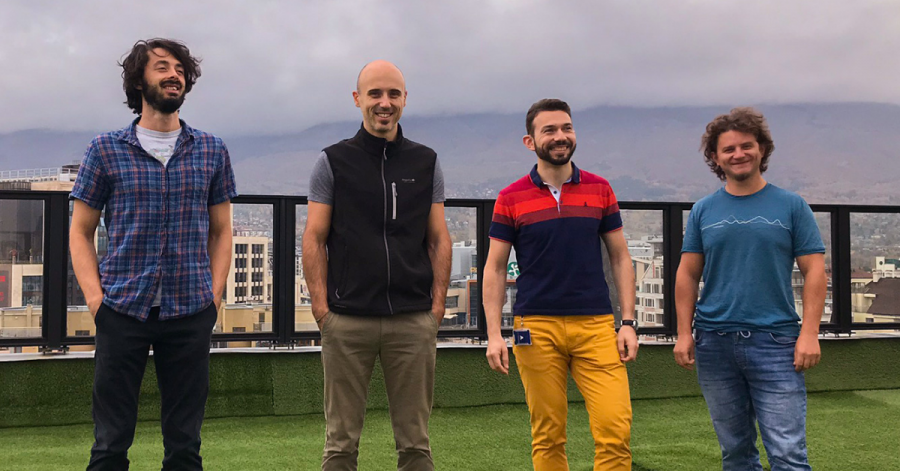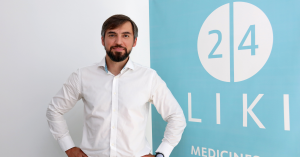The US-based startup for advanced image-based diagnostics Halo Diagnostics (Halo Dx) whose engineering team is located in Sofia, Bulgaria has just raised a Series A $19M funding to develop its product and make it available to more people worldwide. The round was led by the international VC firm Zola Global Investors and included the participation of prominent names of the US medical tech and VC ecosystems such as Anne Wojcicki, Fred Moll, Warren Jenson, Ronnie Lott, Toba Capital, and Raptor Group. Back in November 2020, the US-backed early-stage fund that aims to bridge the gap between the US and Eastern European markets, Zarian Capital, invested $1.5M in Halo Dx recognizing the strong market validation of the startup.
The Bulgarian contribution
The engineering team in Sofia is led by Alexander Kolev who has a long experience in engineering and has previously worked for VMware as Senior Manager of R&D, as well as the CTO of the young startup for software development Centroida before it got acquired by ScaleFucus in 2019. Kolev has shared that according to him Halo Dx’s main competitive advantages are that it invests in the acquisition of imaging centers across the US and builds advanced integrated software platforms for these centers to allow them to integrate their operations. The machine learning technology of Halo Dx automates the reading of the medical images taken in the centers and optimized the diagnostic process by integrating molecular and image biomarkers.
Currently, the Sofia team consists of over 15 engineers, two DevOps specialists, two product managers, one UX engineer, and several other roles but there are plans that the local office will double its size in the near future. The team is in charge of developing the HALO Diagnostics NextGen Platform, which aims to make the operations of Halo diagnostics centers more efficient and enable them to offer truly personalized image-based diagnostics. Therefore, the function of the Sofia team is essential for the delivery of the solutions of Halo Dx.
According to Alexander Kolev in the long-run, the investment will allow the Sofia team to accelerate their hiring pipeline and increase their target headcount in order to manage to reach their roadmap. Whereas in the short term, the investment will enable the Bulgarian office to increase its team to 40 people and to successfully release its planned products and solutions, including v0 which they expect to introduce to the market in September this year.
From one-size-fits-all to a personalized diagnostics approach
The use of diagnostic imaging allows medical professionals to use various imaging modalities in order to receive a visual representation of what is going on in the inferiority of the body and define the right diagnosis and treatment guidelines. Globally the medical image analysis software market is valued at $2.4B and estimations show that it is projected to reach $4.5B in the next 5 years due to the rising demand for early diagnosis of chronic diseases. In Europe startups that specialize in the use of advanced imaging for medical purposes include the Hungarian KinePict, the Greek Advantis Medical Imaging that conducts brain MRI exams, and the Bulgarian Kelvin Health, which uses thermal AI imaging to detect infection processes.
In order to provide the most accurate picture of a patient’s health, the unique technology of Halo Dx uses deep learning to combine advanced imaging, which allows doctors to only see a snapshot of what is happening in the bodies of their patients through molecular diagnostics, which provides insights of what is happening on a molecular level. Therefore, the startups offer a personalized health solution for the diagnosis, screening, and treatment of diseases like cancer, dementia, and cardiovascular diseases which are determined by highly individual factors such as genetics and lifestyle. The individual diagnosis services of Halo Dx include advanced prostate cancer screening and image-guided treatment, detection of dementia through advanced imaging, biomarkers, and genomics, screening of breast health, and as well as whole-body MRI, ultrasound, and other high-tech scans.







